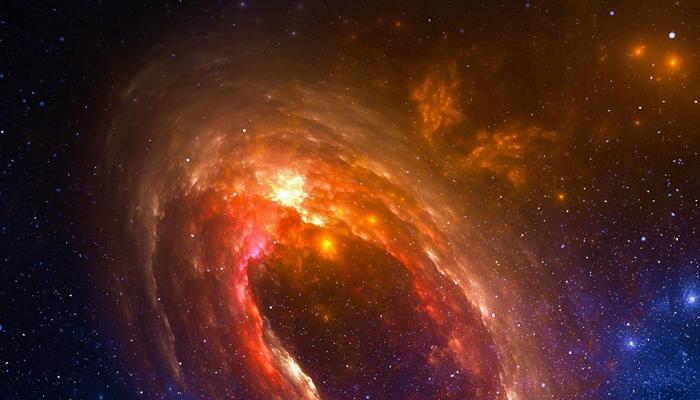Unveiling Black Hole Mysteries: Journey into the Unknown. Delve into the enigmatic world beyond the event horizon. Intriguing discoveries await!
Black holes, those cosmic vacuum cleaners with gravity so
strong that not even light can escape, have always held a special place in the imaginations of scientists and the general public alike.
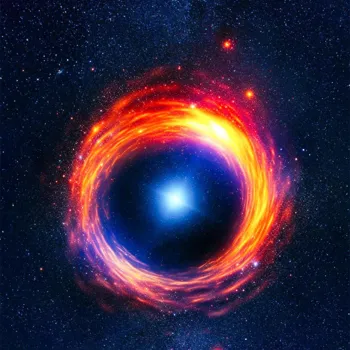
These enigmatic objects, born from the death throes of massive stars, continue to challenge our understanding of physics and the very fabric of spacetime. For decades, researchers have been trying to unravel the secrets hidden within these celestial giants.
One of the most intriguing question is what happens beyond the event horizon and what is this that makes many scientists crazy? Many scientists in India and across the globe are looking forward to the answers.
Physics challenges our understanding with black hole mysteries, singularity enigma
Our current understanding of physics, particularly Einstein's theory of general relativity, suggests that the event horizon acts as a point of no return.
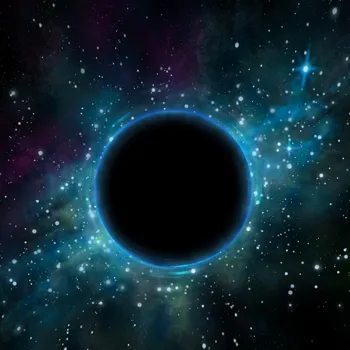
Once an object crosses this boundary, it is destined to be crushed into a singularity, a point of infinite density where the laws of physics as we know them break down. However, this description is not without its problems. The singularity, in particular, poses a major challenge.
Such a phenomenon challenges our core knowledge on how the universe works. No one has till date went inside the blackhole however many scientists are trying their hand to find out the mysterious answers.
The singularity concept challenges physics; future quantum gravity theory may redefine it
The concept of a singularity is problematic because it suggests an infinitely small space containing infinite density, a situation that seems unphysical.
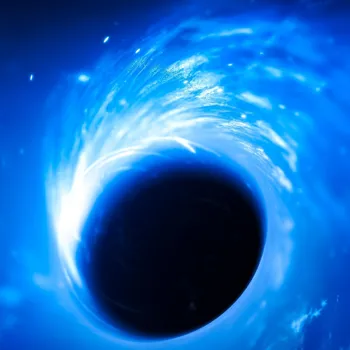
Physicists believe that our current theories are incomplete and that a future theory of quantum gravity, which combines general relativity with quantum mechanics, may be needed to properly describe the singularity.
This theory may reveal that the singularity is not actually a point, but some other exotic form of matter or energy that we cannot yet comprehend and a huge area of research is done around this topic.
This keeps scientists on their toes, since everyone now knows that there are many mysterious concepts yet to be found. This concept is like a black box for all.
Singularity might be a wormhole, a theoretical spacetime tunnel; unlikely traversable
One intriguing possibility is that the singularity might be a wormhole, a hypothetical tunnel connecting different points in spacetime. This idea has captured the imaginations of science fiction writers for decades, but it is also being seriously considered by some physicists.
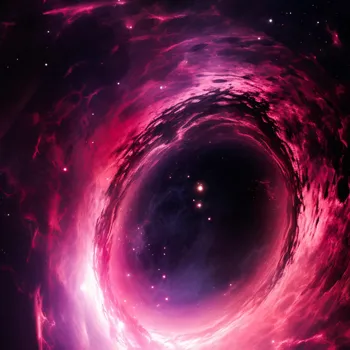
While there's no evidence to support the existence of wormholes or white holes, the mathematics of black holes does not exclude such possibilities. Even if wormholes do exist, it's highly unlikely that they would be traversable by humans or any other form of matter.
The intense gravitational forces near a black hole would likely tear apart anything that tried to pass through.
String theory proposes fuzzballs as non-singular black holes, may reconcile with quantum mechanics
Another avenue of exploration is the concept of a fuzzball. String theory proposes that black holes are not actually singularities, but instead are extremely dense balls of fundamental strings.
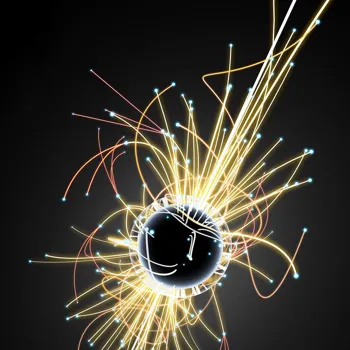
These "fuzzballs" would have a surface, unlike the singularity, and this surface would potentially interact with incoming matter in a way that could lead to observable effects.
The fuzzball theory is still in its early stages, but it offers a potential way to reconcile black holes with quantum mechanics. Many theories are being worked upon. As the curiosity increases the knowledge also increases.
Indian scientists study black holes, collaborate globally for answers
Scientists in India are also contributing to our understanding of black holes through observations with ground-based telescopes and theoretical modeling. The Indian Space Research Organisation (ISRO) is planning future missions that could potentially contribute to the study of black holes.
While it will take considerable time to uncover the secrets of black holes, scientists around the world are collaborating to unravel these mysteries. Each passing year gives more answers. Black holes are and will always be a center of attraction for many scientists.
It will take a lot of time and effort of scientists from different areas to come together to find out the answers.
AI Generated Content. Glance/InMobi shall have no liability for the content